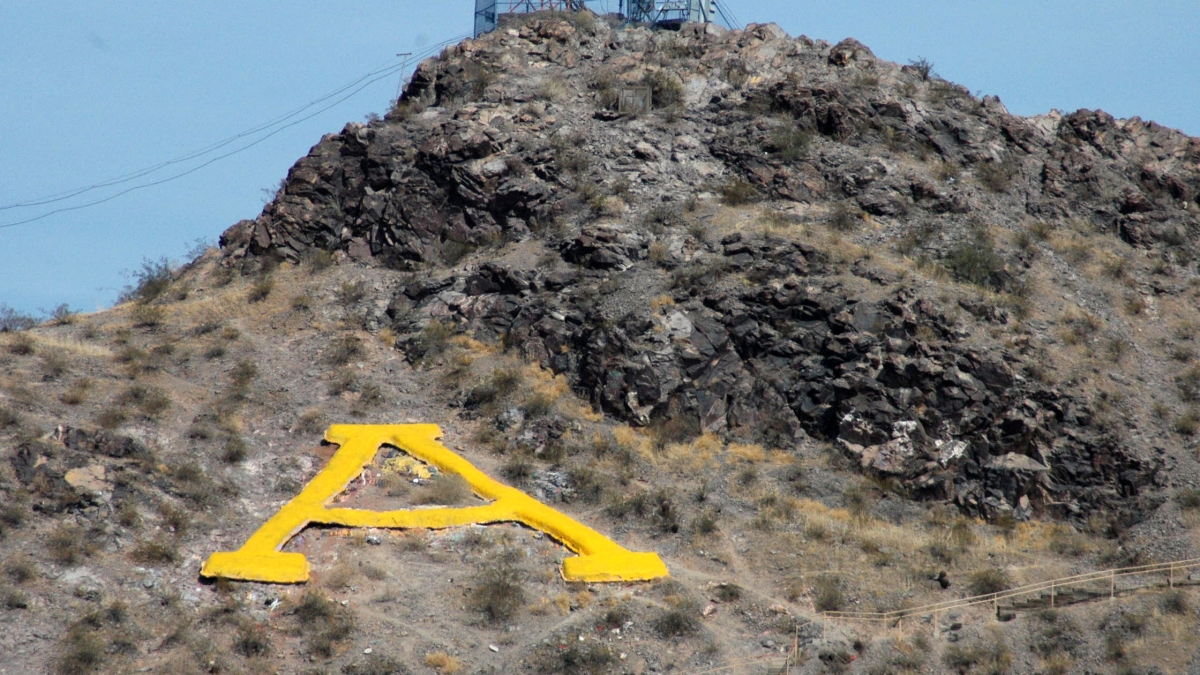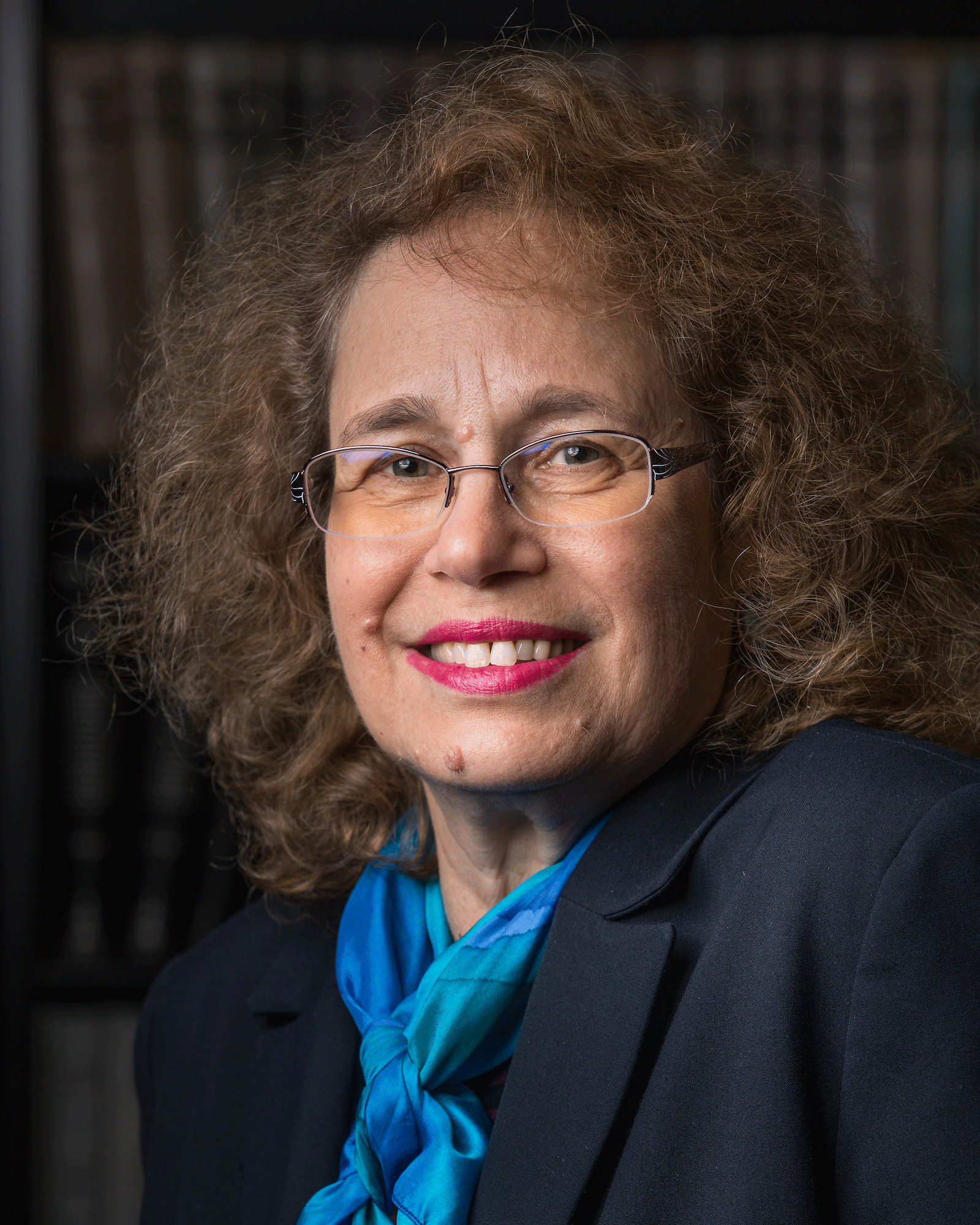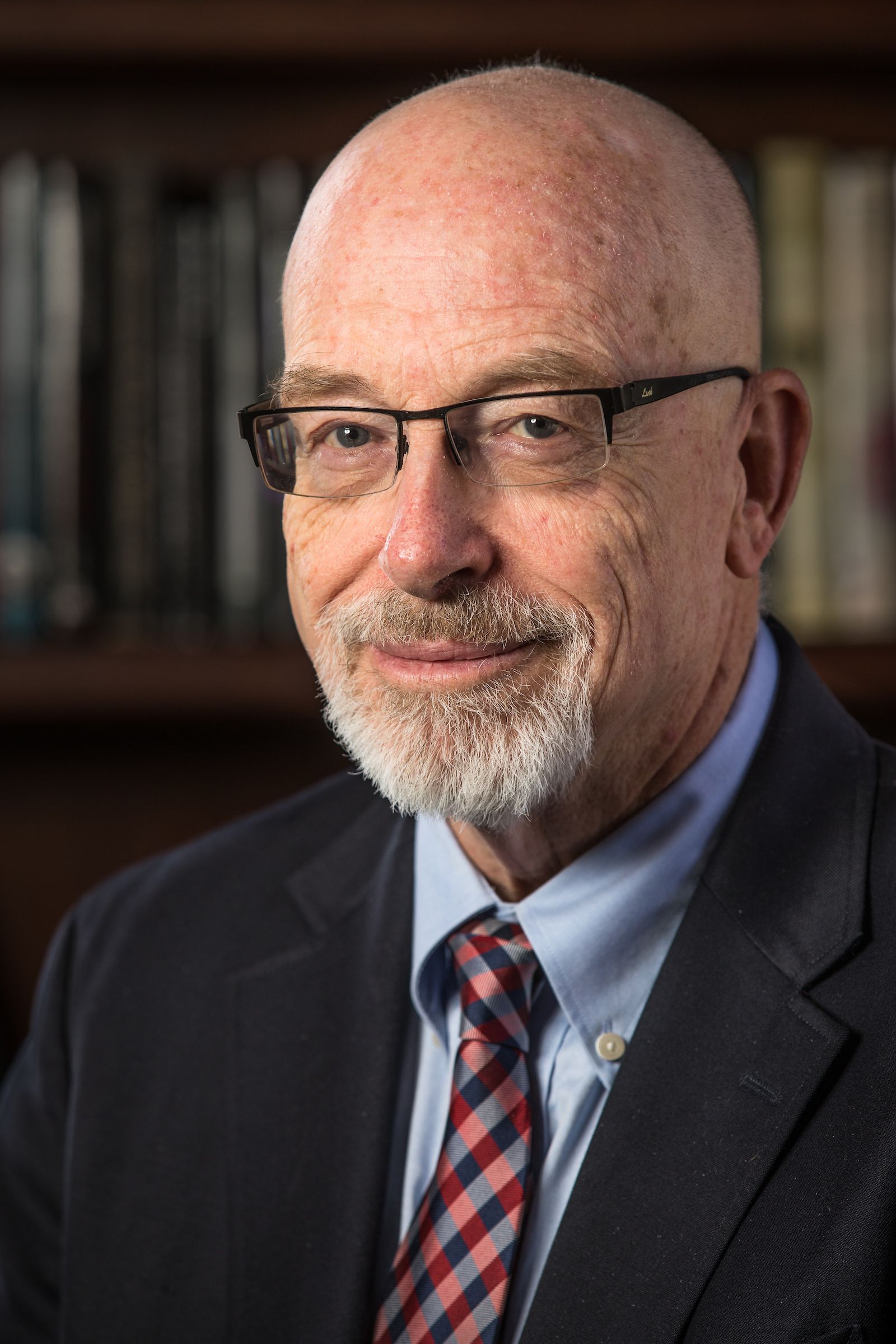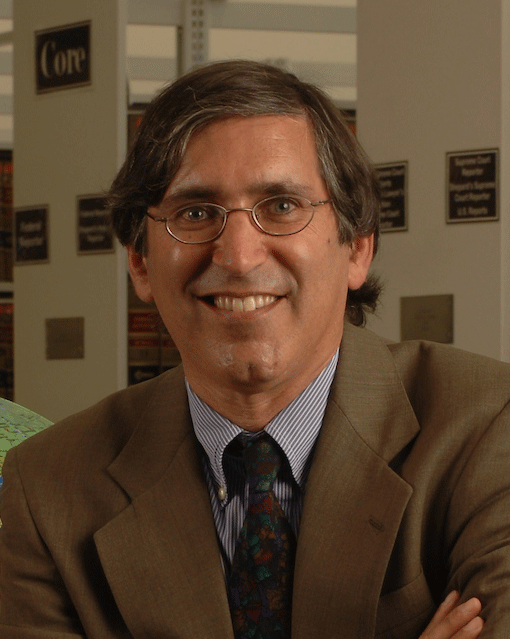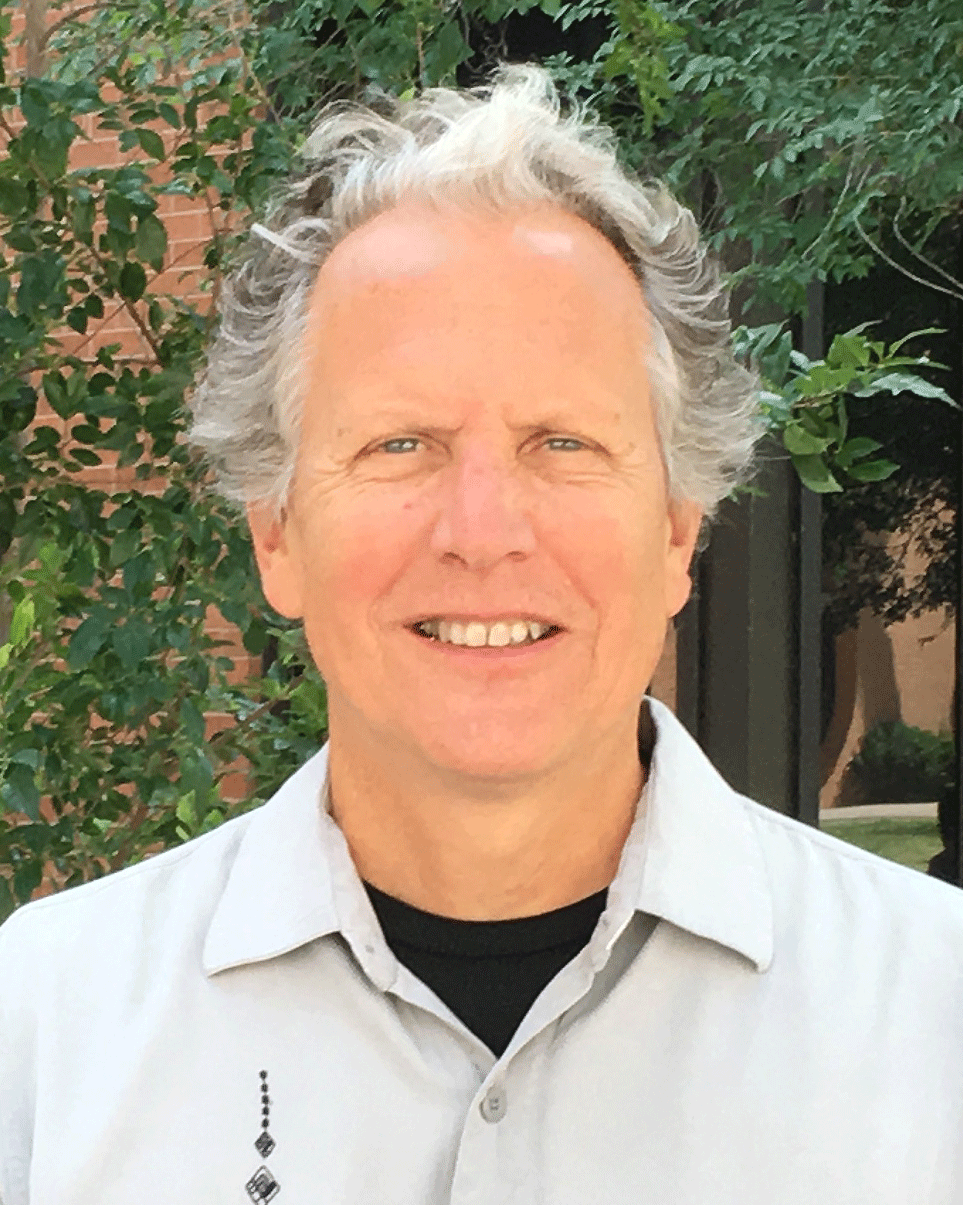Regents’ Professors are the elite of the academic world. To be awarded the distinction, scholars must be full professors, with outstanding achievements in their fields, who are nationally and internationally recognized by their peers.
No more than 3 percent of all faculty at Arizona State University carry the distinction.
This year, four ASU faculty members are being recognized as Regents’ Professors, approved by the Arizona Board of Regents on Thursday.
Their specialties vary, but they are all acknowledged as the zenith of their field. One is the top scholar in contemporary Jewish philosophy. Another is the world leader in international law. A third is described as the preeminent theorist in the field of public management, likely to be remembered a century from now. The final honoree has been called the single most recognized name in the world when it comes to substance-abuse prevention, someone who has restructured what is known about child development.
Let’s meet them.
Hava Tirosh-Samuelson
Professor of history in the School of Historical, Philosophical and Religious Studies (College of Liberal Arts and Sciences) and director of the Center for Jewish Studies
Hava Tirosh-Samuelson has established herself as the top scholar in contemporary Jewish philosophy, also integrating Judaism and gender studies. She was elected to the leading venue for the study of religion and science in the U.S. as the Russell Family Fellow in Religion and Science at the Center of Theology and the Natural Sciences in Berkeley. She also was a visiting fellow at Oxford and is the editor in chief of the Library of Contemporary Jewish Philosophers.
The award came as a total surprise, she said.
“It has made me very happy indeed,” Tirosh-Samuelson said. “My scholarship pertains to three fields: the intersection of religion, science and technology; religious environmentalism; and Jewish intellectual history.
“As an historian I study the past, but my knowledge of the past shapes my deep concern about the present and the future. I engage contemporary science and technology as a humanist who is deeply concerned about the future of humanity in light of our massive ecological crisis, on the one hand, and the profound impact of techno-science on all aspects of life, on the other hand.”
She has two solo-authored monographs in the humanities as well as 50 articles in peer-reviewed publications and 20 book reviews. Tirosh-Samuelson also has edited seven volumes of essays by scholars, including volumes published by Harvard University Press. Most impressively, she took on the truly monumental task of commissioning and editing 20 volumes of the Library of Contemporary Jewish Philosophers.
Tirosh-Samuelson said the award recognizes the importance of the humanities.
“In awarding me the Regents’ Professorship, the Arizona Board of Regents has recognized the importance of the humanities for reflections about the meaning of being human, the contribution of the humanities to the interdisciplinary mission of ASU, and the relevance of Judaism to Western culture,” she said.
Barry Bozeman
Arizona Centennial Professor of Technology Policy and Public Management in the School of Public Affairs (College of Public Service and Community Solutions) and director of the Center of Organizational Research and Design
Barry Bozeman's research focuses on public management, organization theory and science and technology policy. The author or editor of 15 books, Bozeman is one of the most highly regarded scholars in the field of public administration and policy. He has received multiple career achievement awards; authored and/or edited 15 books and more than 120 research papers and monographs with more than 14,000 citations. He has contributed to use-inspired research with the design and evaluation of national innovation systems in South Africa, Canada, New Zealand, France, Israel, Chile and Argentina.
One writer in the nomination materials said, “He can lay claim to be the preeminent theorist in the field of public management in the last 30 years … a once-in-a-generation talent … Ask me who, among contemporary scholars of governance, have made a contribution likely to remembered in 50 or 100 years, I would nominate Barry Bozeman.”
An interesting fact about Bozeman: This is his third Regents professorship.
“I was also a Regents’ Professor at University of Georgia and at Georgia Tech,” he said. “In the case of Georgia Tech I was the first social sciences Regents’ Professor in the history of the university; almost all others had, at the time, been scientists or engineers.”
Bozeman said he was surprised and delighted to be chosen Regents’ Professor.
“Having colleagues nominate me and peers write supportive letters is the greatest reward,” he said. “The honor is also particularly treasured because ASU is a great institution and I have enjoyed working here even more than in any of the other fine institutions with which I have been associated. I am particularly inspired and motivated by ASU’s inclusiveness values and the sense that anything is possible.”
Dan Bodansky
Foundation Professor in the Sandra Day O’Connor College of Law and faculty co-director of the Center for Law and Global Affairs
A leading authority on international environmental law generally, and global climate-change law in particular, Dan Bodansky negotiated for the U.S. at the fifth and sixth conferences to the United Nations Framework Convention on Climate Change and was a leading participant at the 2015 Paris Summit. He is a member of the State Department’s Advisory Committee on International Law, a select group of scholars who advise the department’s legal staff. Bodansky was selected for the board of editors of the American Journal of International Law, the world’s leading peer-reviewed journal in the field.
“Dan’s place at the apex of the field of international environmental law is without question,” one writer said. Another: “Dan is the leading academic expert. ... His commentaries and analyses … are the most authoritative academic accounts, to which others in the field look to understand and verify key points in their own research.”
“Professor Bodansky has accomplished what all scholars hope for but very few achieve: over the course of his illustrious career, he has authored not one but several genuine touchstone pieces. … More importantly, they have also served to frame and shift scholarly debates, and have carved out concepts and analytical lenses that have been picked up by countless other scholars.”
Bodansky said he is deeply honored by the distinction.
“Helping to shape the role that international law plays in tackling climate change, one of the defining challenges of our time, has been my focus for many years,” he said. “How do we structure an international instrument like the Paris climate change agreement to make it most effective? This is an enormously complex issue that’s not just of interest to academics but of profound importance to the world. ASU’s been a fantastic place to pursue these issues because of its dedication to making research relevant to real-world challenges.
Thomas Dishion
Professor of psychology (College of Liberal Arts and Sciences) and director of the REACH Institute
Thomas Dishion is an elite researcher in prevention science. One reviewer states: “Without doubt, Tom Dishion is the single most recognized name in the world when it comes to substance-abuse prevention.” He is a prolific scholar with more than 300 published papers. His work has been cited more than 37,000 times, and he has been awarded grants with expenditures across his career of nearly $100 million. In terms of pioneering research, Dishion has made not one pioneering contribution to his field, but arguably four. A reviewer points this out: “He has provided a series of seminal contributions that … comprise a truly exceptionally distinguished record. He has an important and still ongoing influence not just on preventive science, but on how child development and psychopathology are understood and how clinical psychology is conducted across the world.”
Dishion’s contributions in preventive science have restructured what is known about child development, and he has changed how clinical psychology is conducted across the world.
More University news

Lester Godsey joins ASU as chief information security officer
With a career spanning nearly three decades of professional IT experience, Lester Godsey is back where he first started — serving the community at Arizona State University.As a two-time ASU alum,…

ASU a top-ranked university for graduate employability
Students usually seek higher education degrees to build their skills and aptitude in their chosen vocation, and advance their life opportunities. And Arizona State University is a good place to do…
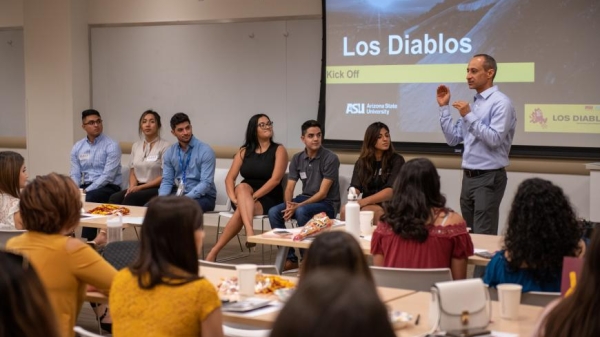
ASU Alumni Association to honor 3 outstanding alumni leaders during Homecoming
The Arizona State University Alumni Association will proudly recognize three innovative alumni leaders during the Homecoming Parade and football game against Brigham Young University on Saturday, Nov…
